9 fuel-saving driving tips that not everyone knows.
How to drive more fuel-efficiently is a concern for many drivers, especially in the context of rising fuel prices. Below are some tips worth considering.
Besides the vehicle's design and engine specifications, the driver's style and skill are also important factors determining the car's fuel efficiency.
Studies show that by adopting environmentally friendly driving techniques, drivers can reduce fuel consumption and emissions by up to 25% compared to conventional driving. Even small changes in how you drive can have a big impact on fuel savings.
Below are 9 fuel-saving tips that seem obvious to everyone, but which drivers rarely pay attention to or apply.
1. Drive at a normal speed.
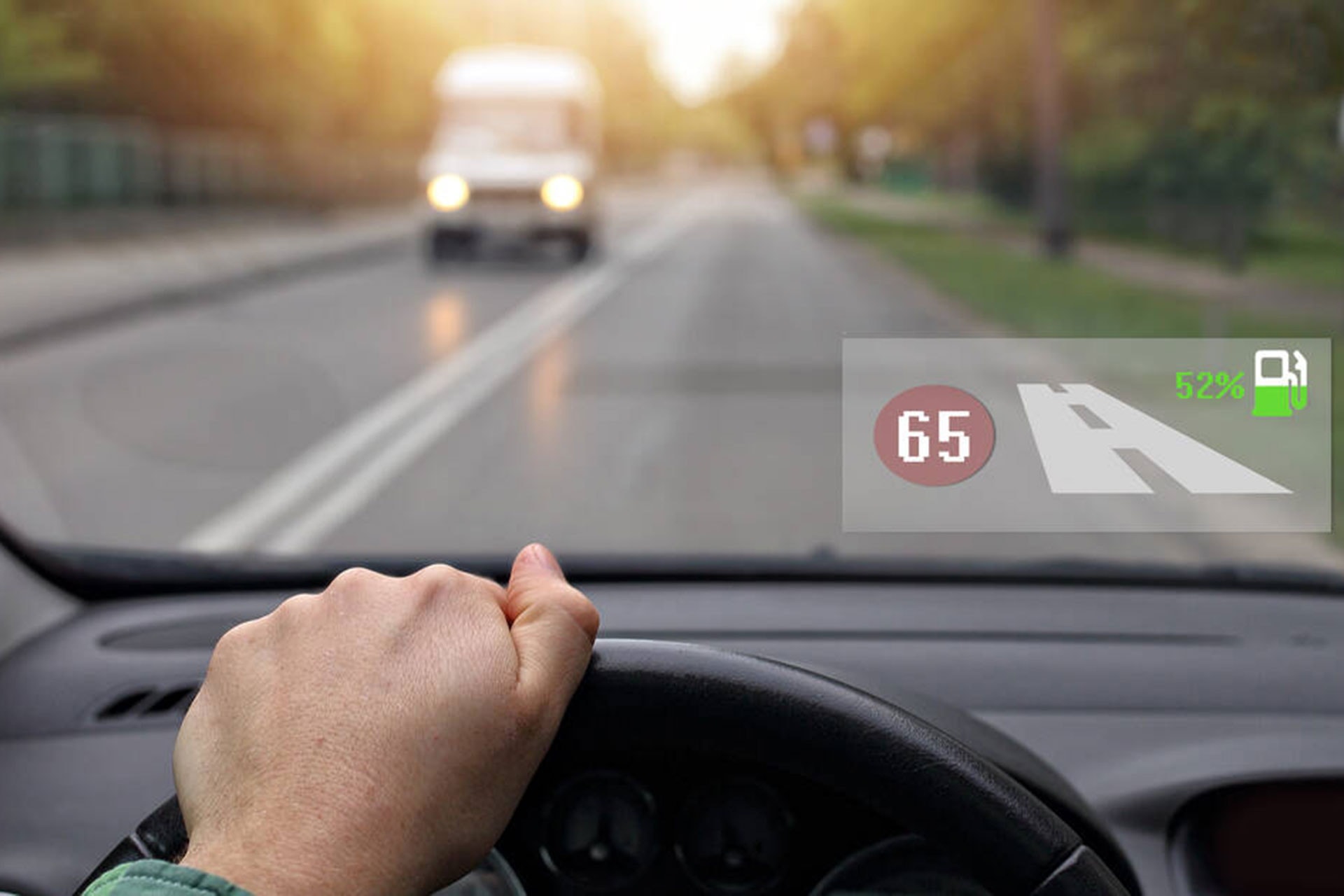
Driving habits such as sudden acceleration and braking can lead to higher fuel consumption. You should know that on the highway, fuel consumption varies greatly when driving below 100 km/h. Sudden acceleration and braking can consume up to 40% more fuel.
Therefore, instead of constantly braking and accelerating, drivers should be aware of the traffic situation ahead and maintain a normal, stable speed. This habit not only saves fuel but also extends the lifespan of your brakes and tires.
2. Check tire pressure.
Properly inflated tires contribute to safer driving and more precise steering. Tire pressure is listed in the owner's manual or on the tire sidewall.
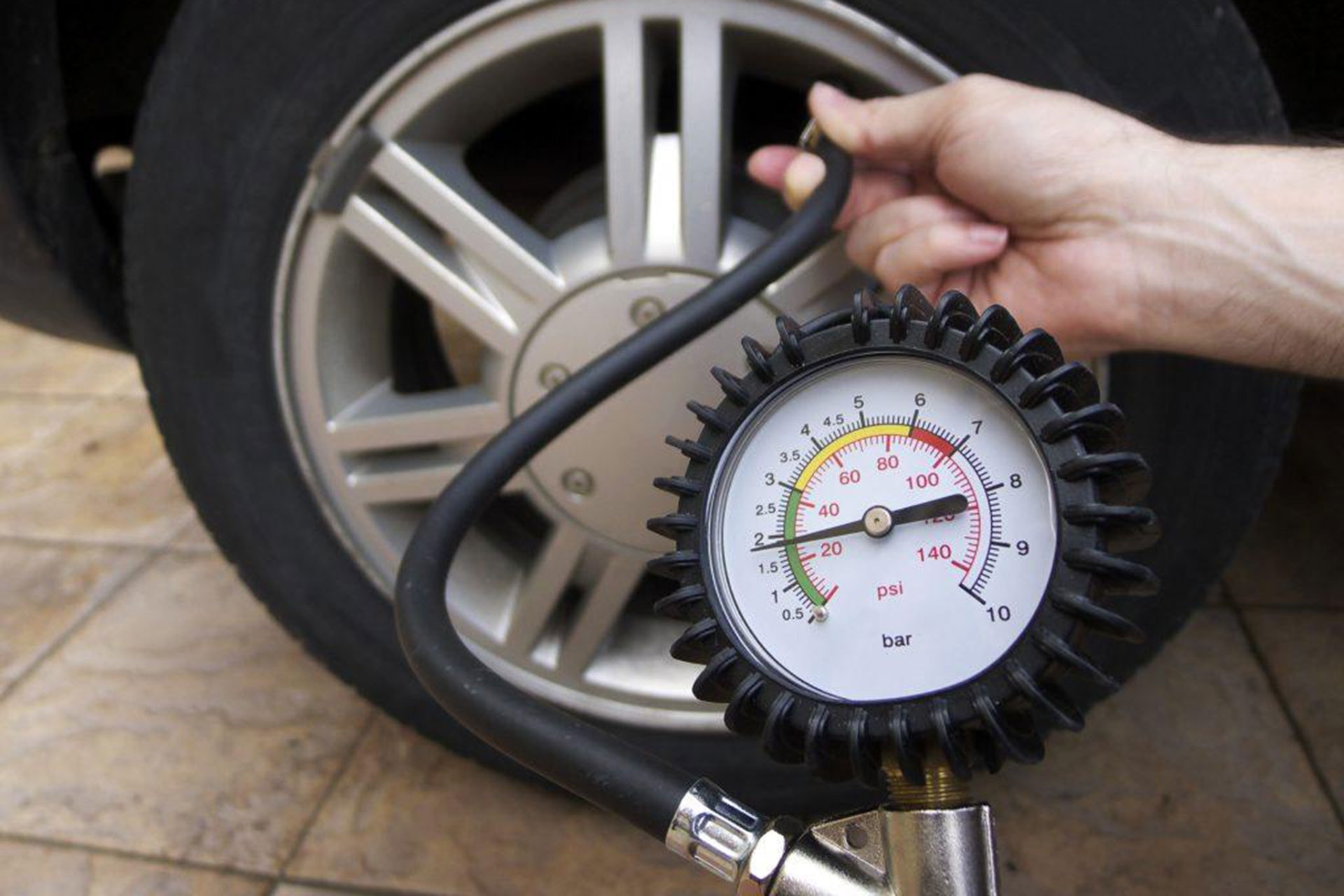
Be careful not to over-inflate your tires, as excessive pressure reduces traction and shortens tire lifespan. You should check your car's tire pressure at least once a month.
The lower the tire pressure, the more contact area the tire has with the road, increasing drag and requiring your vehicle to consume more fuel to move.
3. Avoid carrying excessively heavy loads.
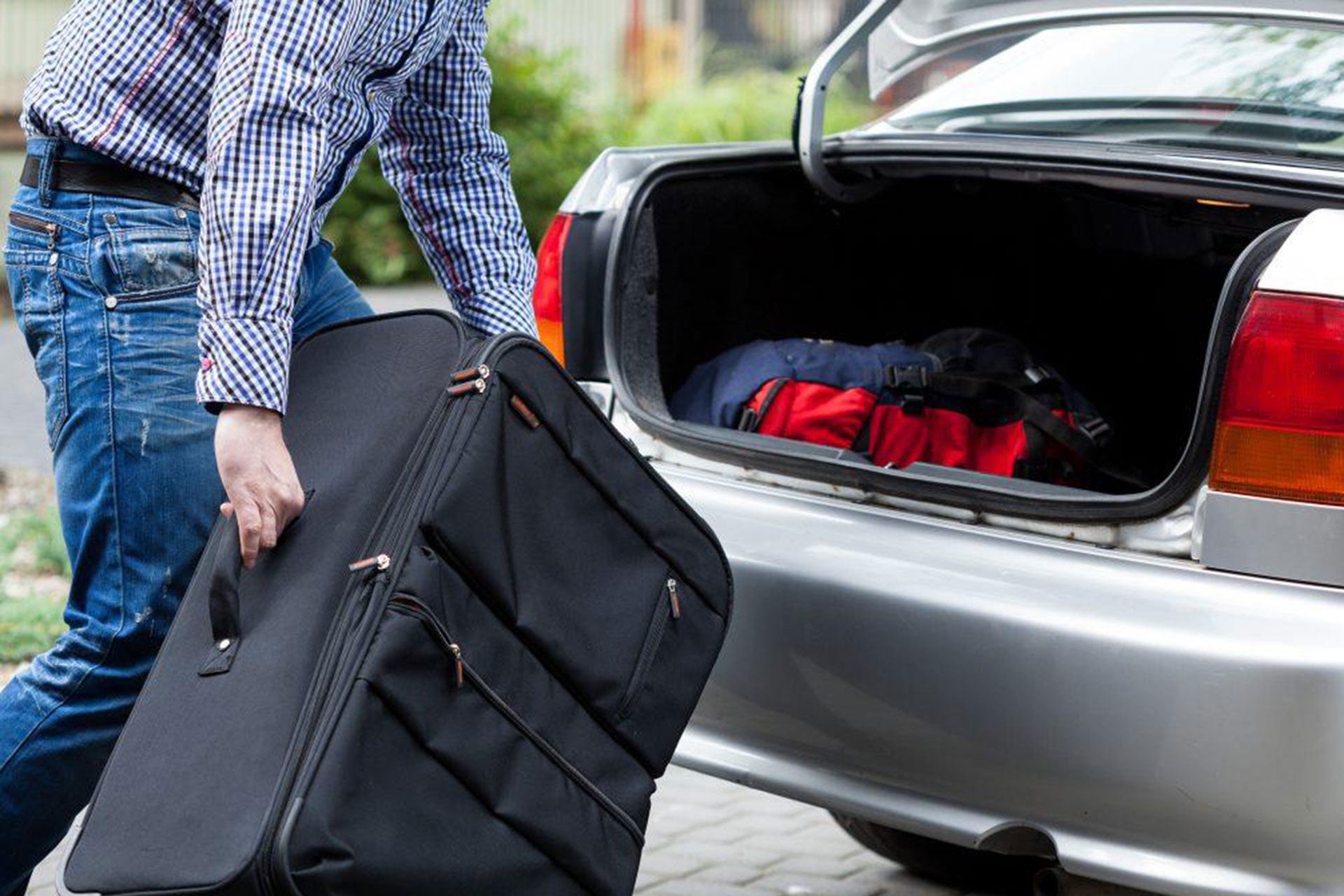
Cars are like your body; they need more fuel to carry more weight. Experts estimate that every 50kg of luggage consumes 2% more fuel than usual. Therefore, drivers should avoid carrying heavy items unless absolutely necessary.
4. Keep the engine air filter clean.
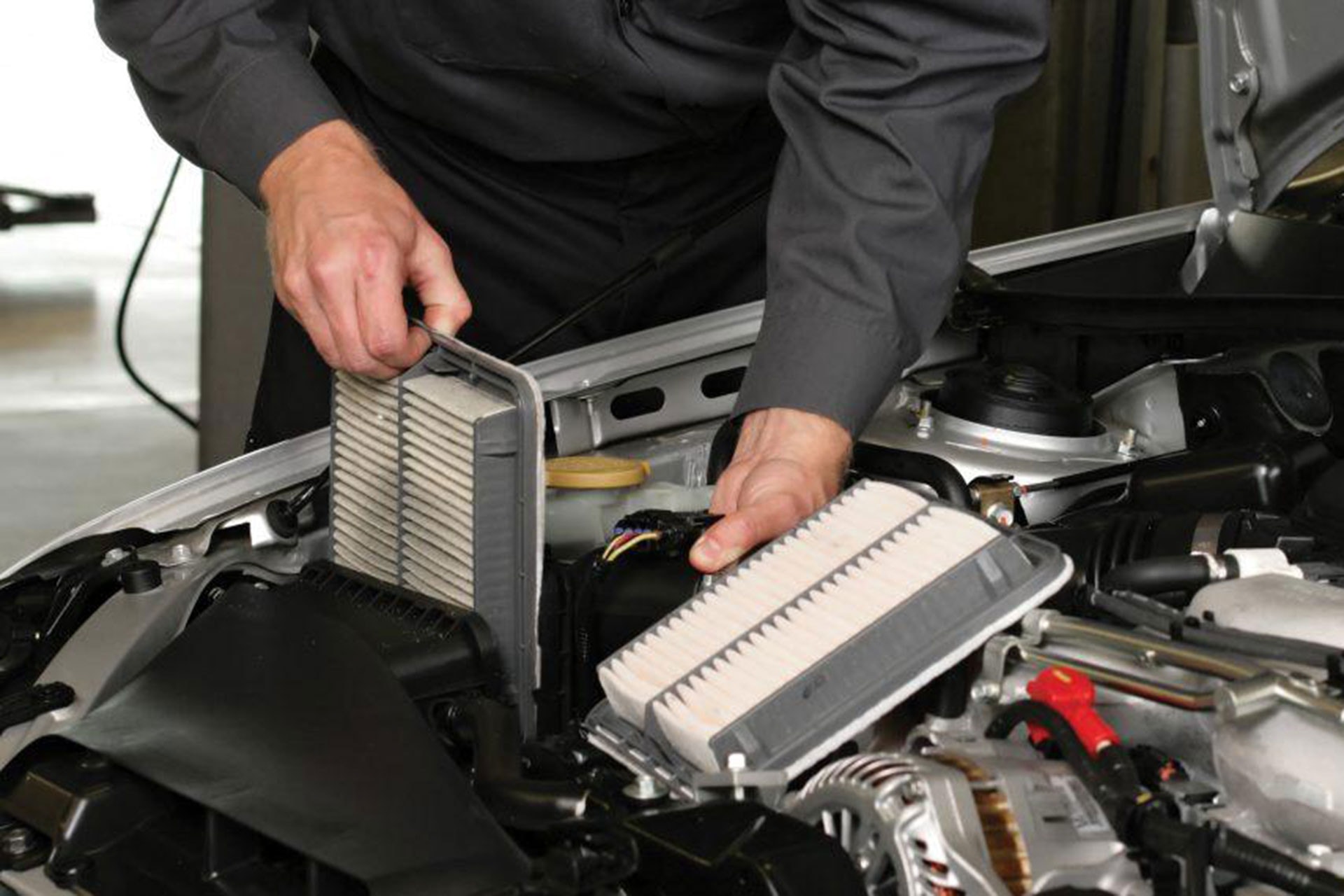
A dirty or clogged engine air filter will consume an additional 10% of fuel. Drivers should regularly check and clean this component every 10,000 km. If the filter is frequently clogged, it's time to replace the engine air filter to ensure proper air filtration, helping the engine run efficiently and save fuel.
5. Turn off the engine when not in use.
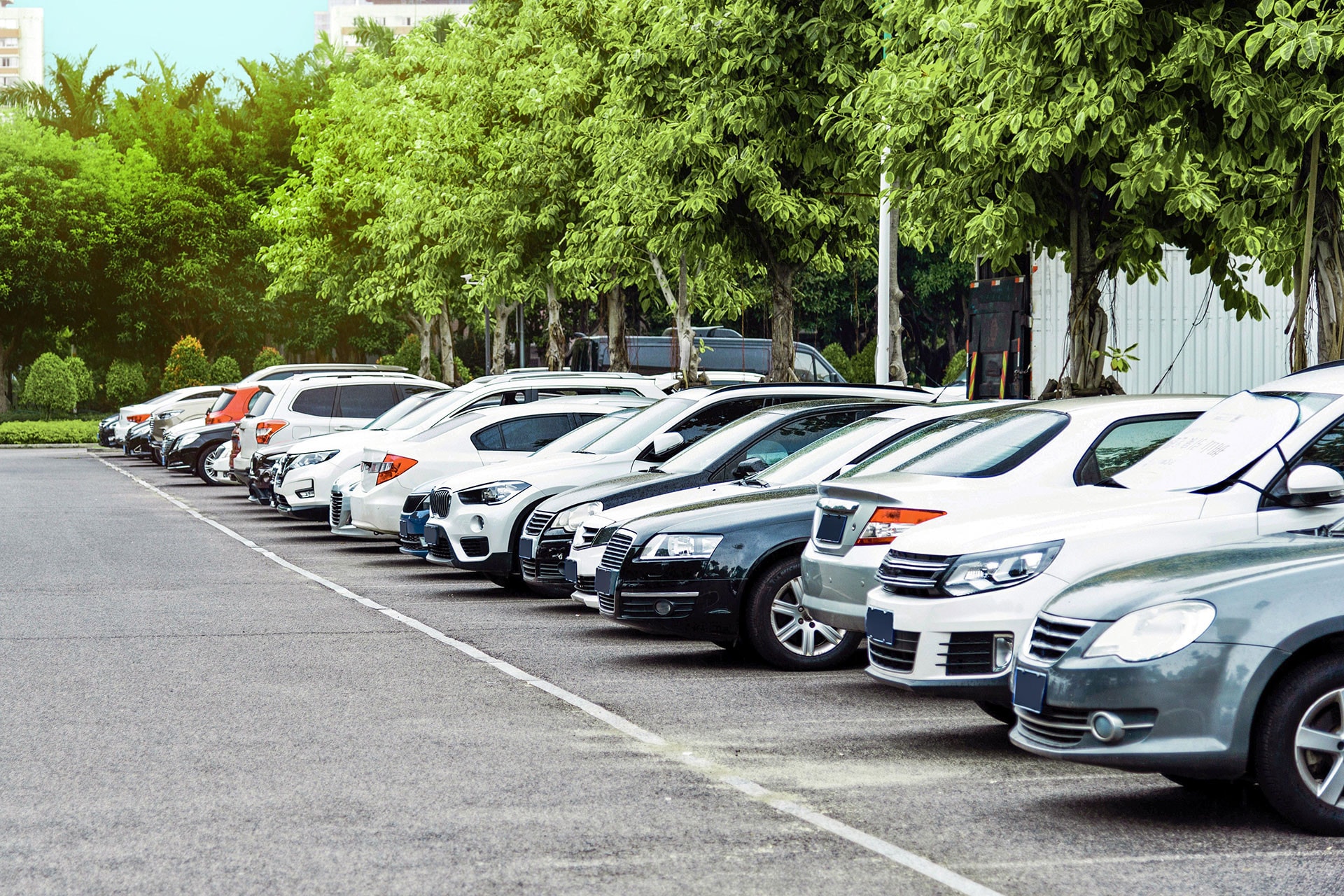
When your vehicle is stopped for an extended period, it's best to turn off the engine to reduce unnecessary fuel consumption. This also prevents the engine from overheating, which is harmful to the environment.
6. Use the cruise control system.
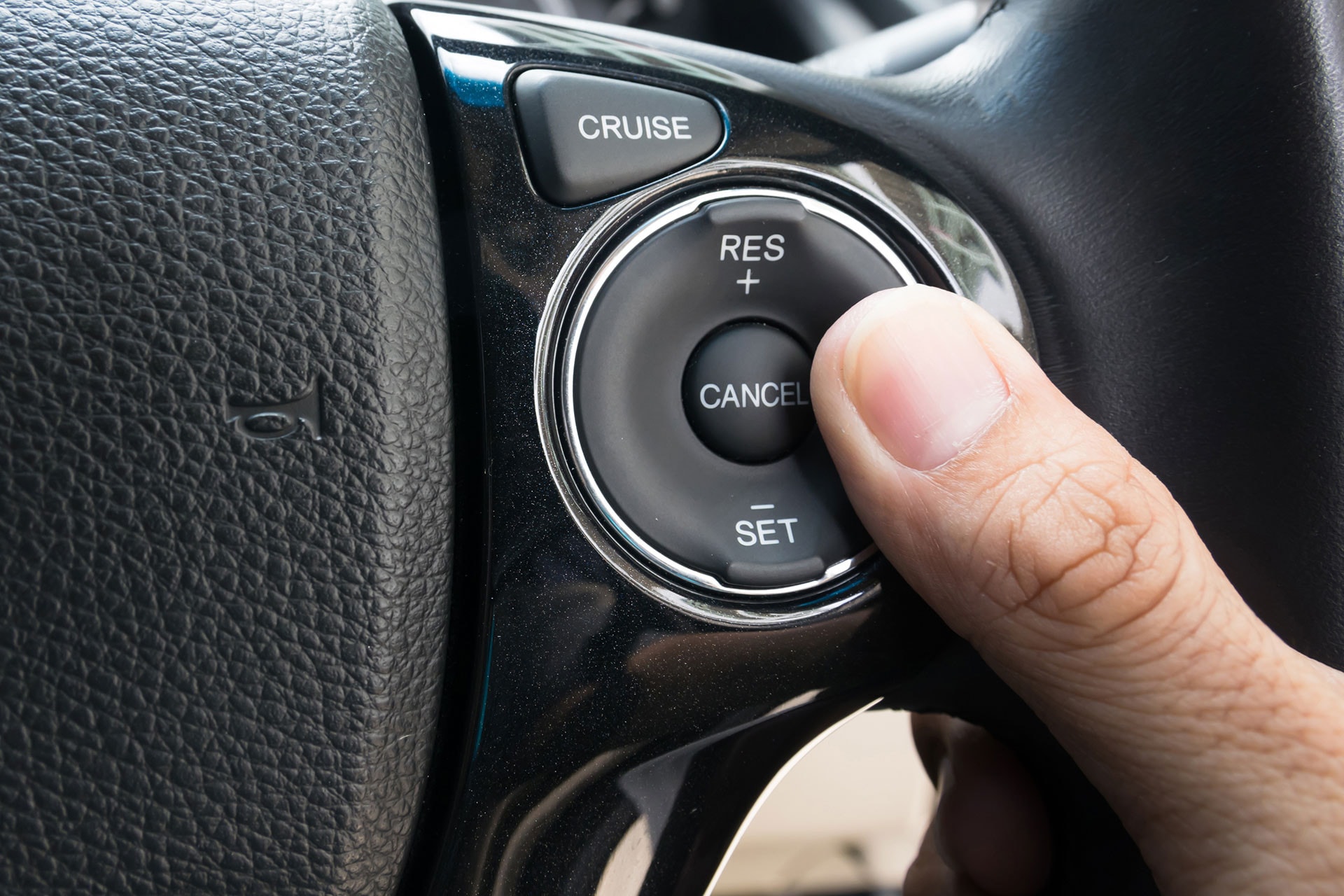
Cruise control and adaptive cruise control systems are designed to maintain a stable, safe speed and maximize fuel efficiency. Therefore, if your vehicle has these features, remember to use them when driving on the highway.
7. Plan your trip.
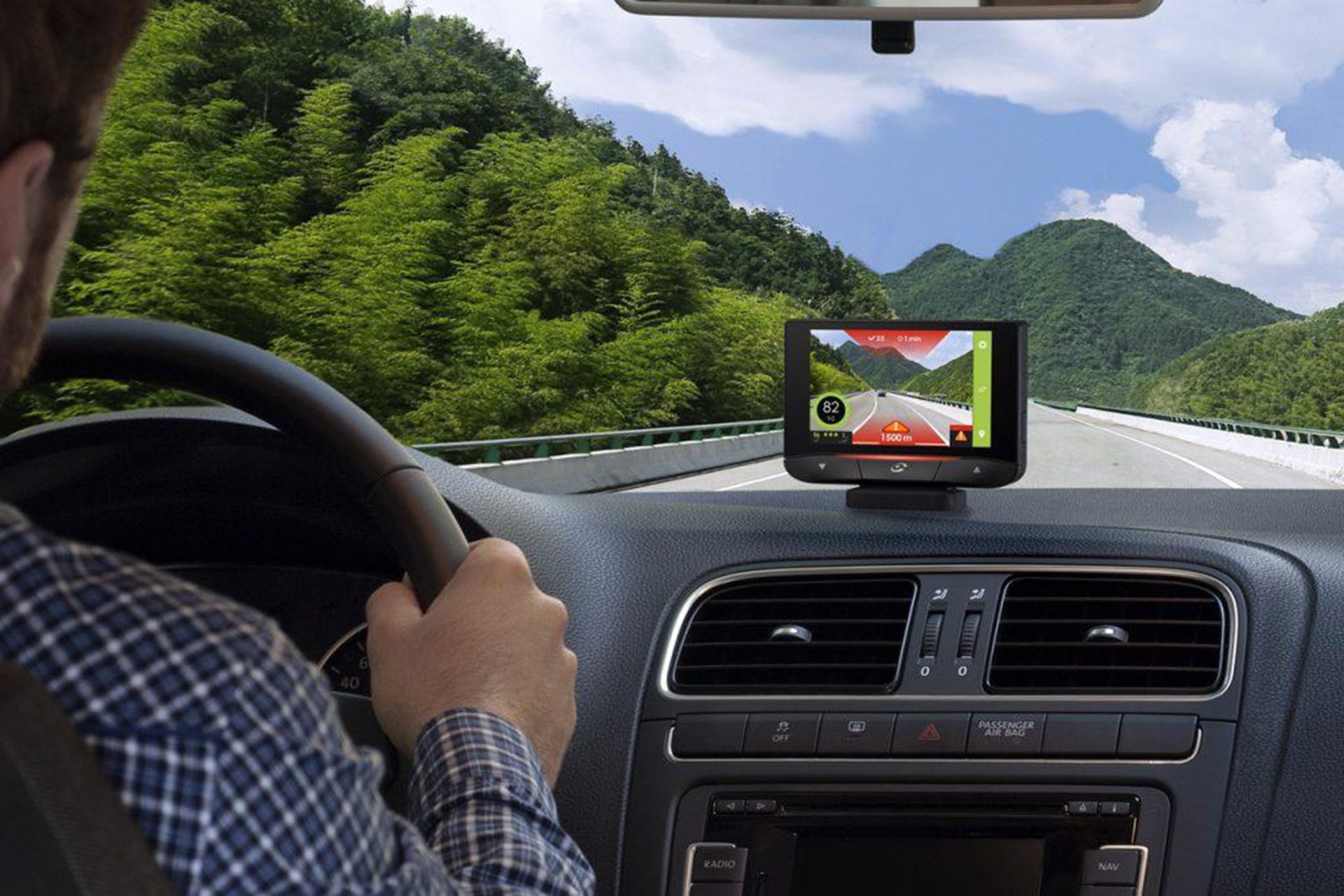
Before going anywhere, calculate the distance and travel time to avoid getting lost and wasting fuel. If you need to go to many places to pick up many people, it's ideal to plan your route and combine all the smaller trips into one large trip to save fuel.
8. Turn off the air conditioner if possible.
Did you know that setting your air conditioner to a low temperature consumes about 15% more electricity? If the weather is cool, pleasant, and not dusty, car owners should turn off the air conditioner and perhaps roll down the windows to let cool air from outside into the car. This will help save fuel because car air conditioners typically consume about 10% of fuel.
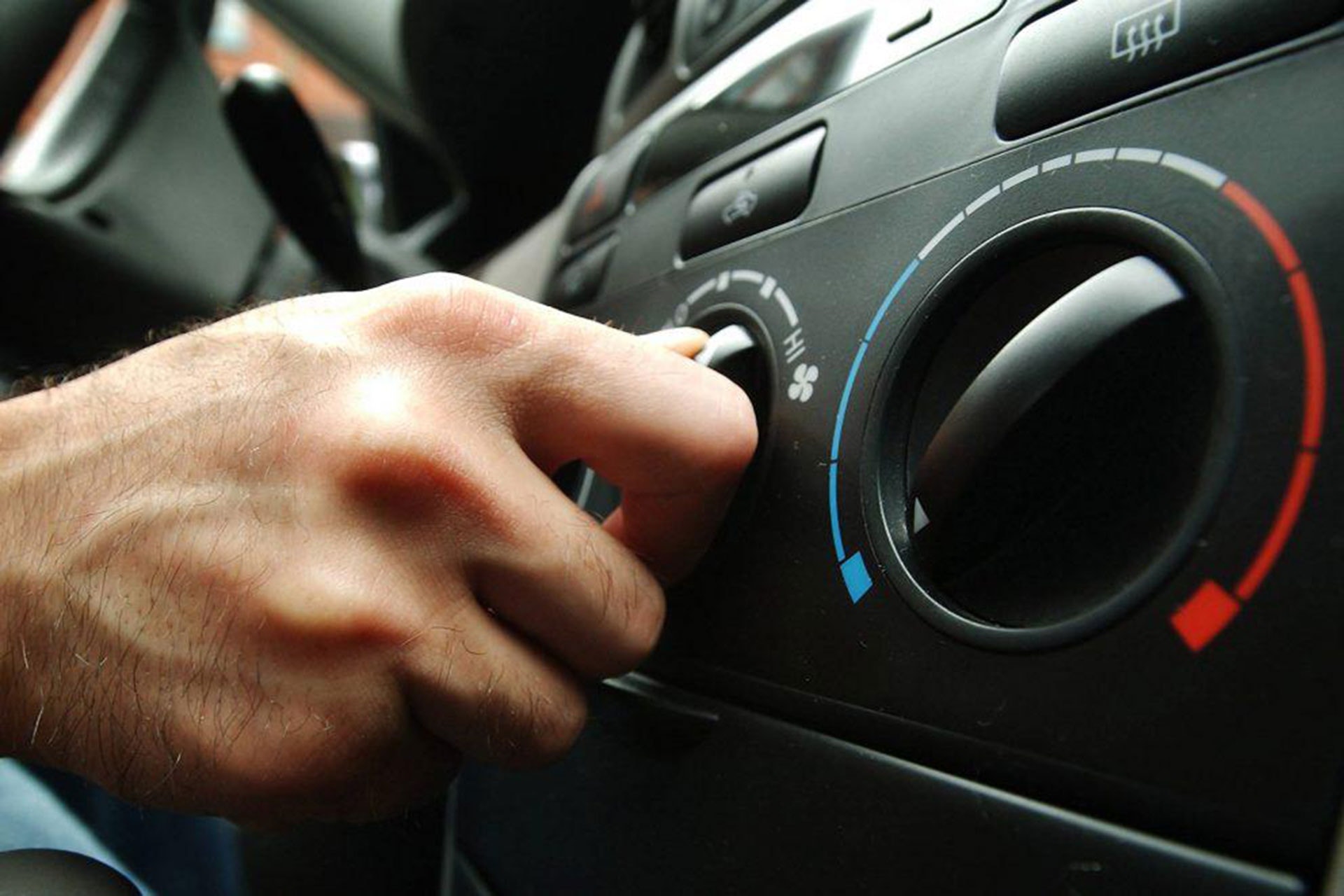
However, at speeds of 80 km/h or higher, using the air conditioner is better for the car than opening the windows. The first reason is to improve the car's aerodynamics, and the second is that at high engine speeds, the engine generates enough power for the air conditioning system to operate effectively.
9. Fuel pump and engine oil pump
Sometimes, a small trick can help drivers pump more fuel than usual. The best time to pump gas is early morning or late afternoon because the fuel is thicker then. Additionally, avoid overfilling to prevent leaks.
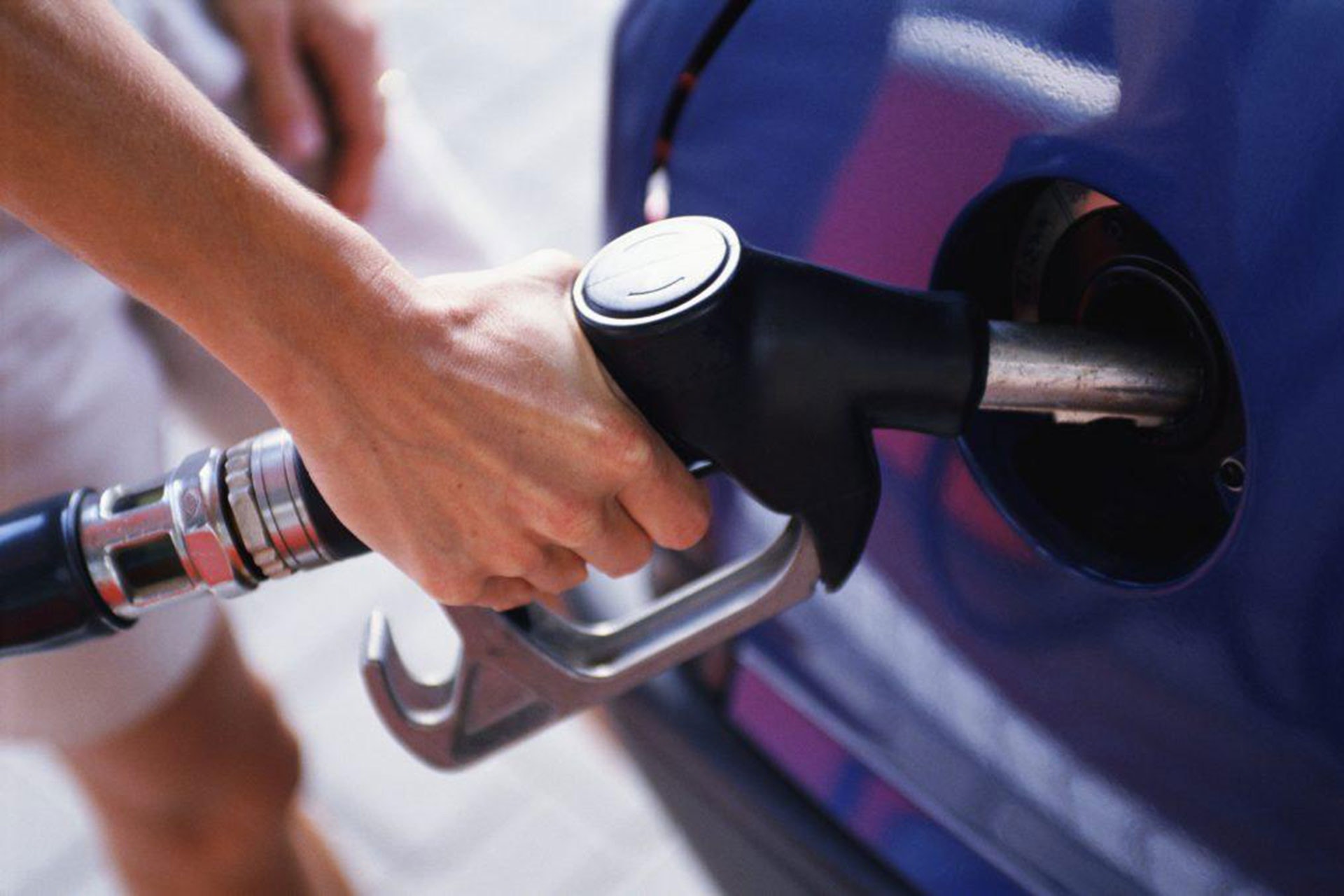
Additionally, you need to ensure you're using the correct type of engine oil. Using the oil recommended by the manufacturer (clearly stated in the owner's manual) will help your engine run efficiently. Using the wrong type of oil can reduce fuel efficiency by up to 2%.



